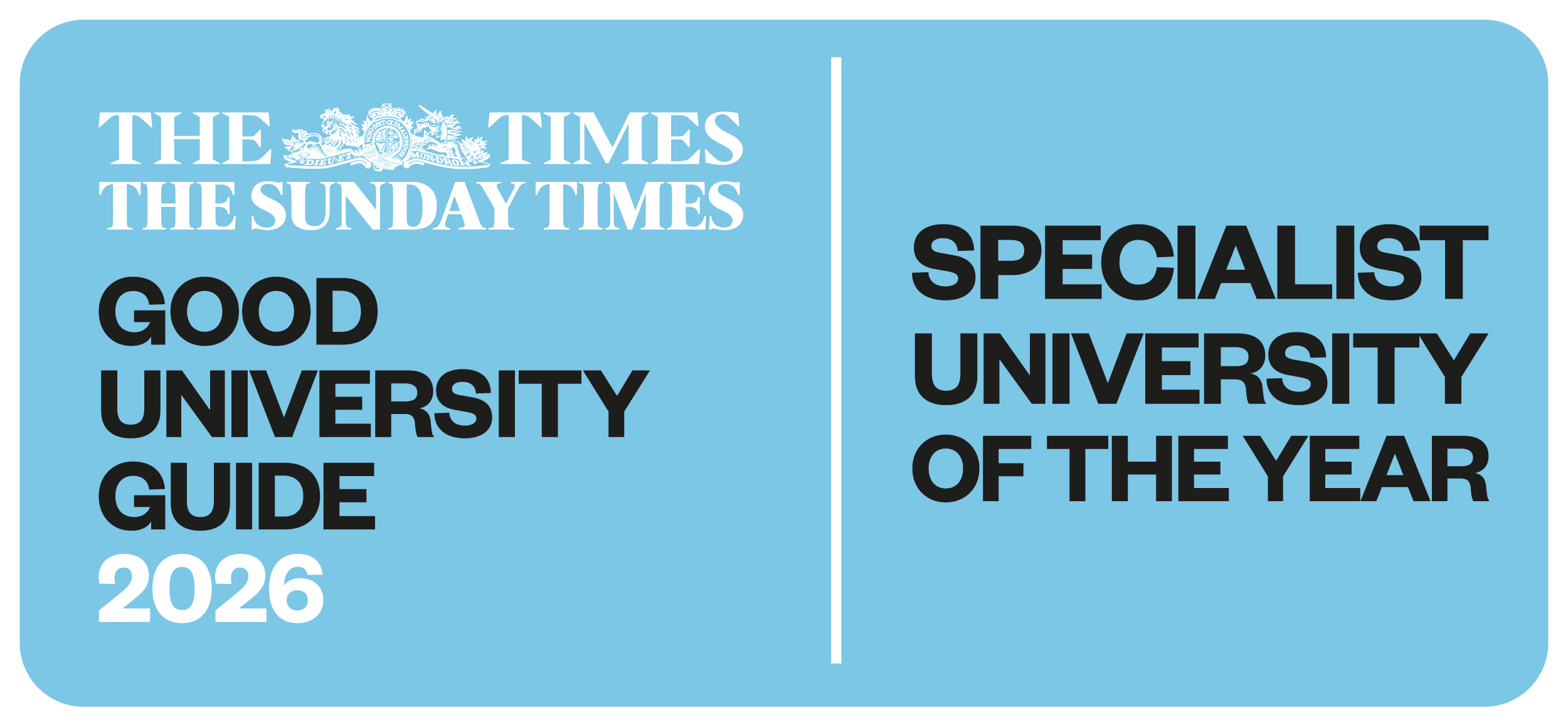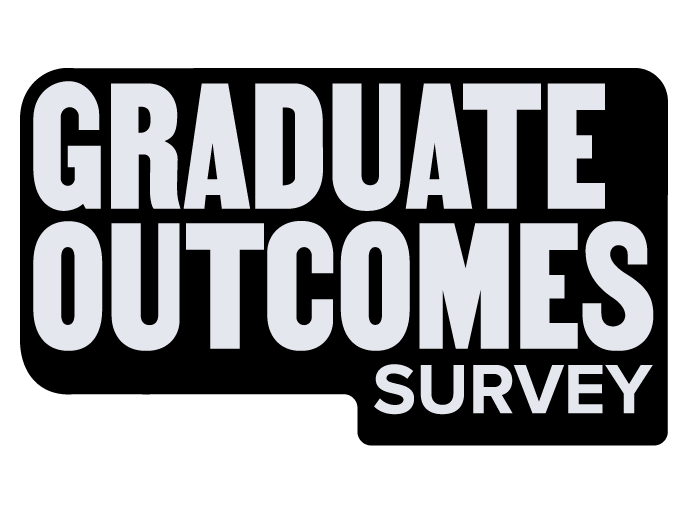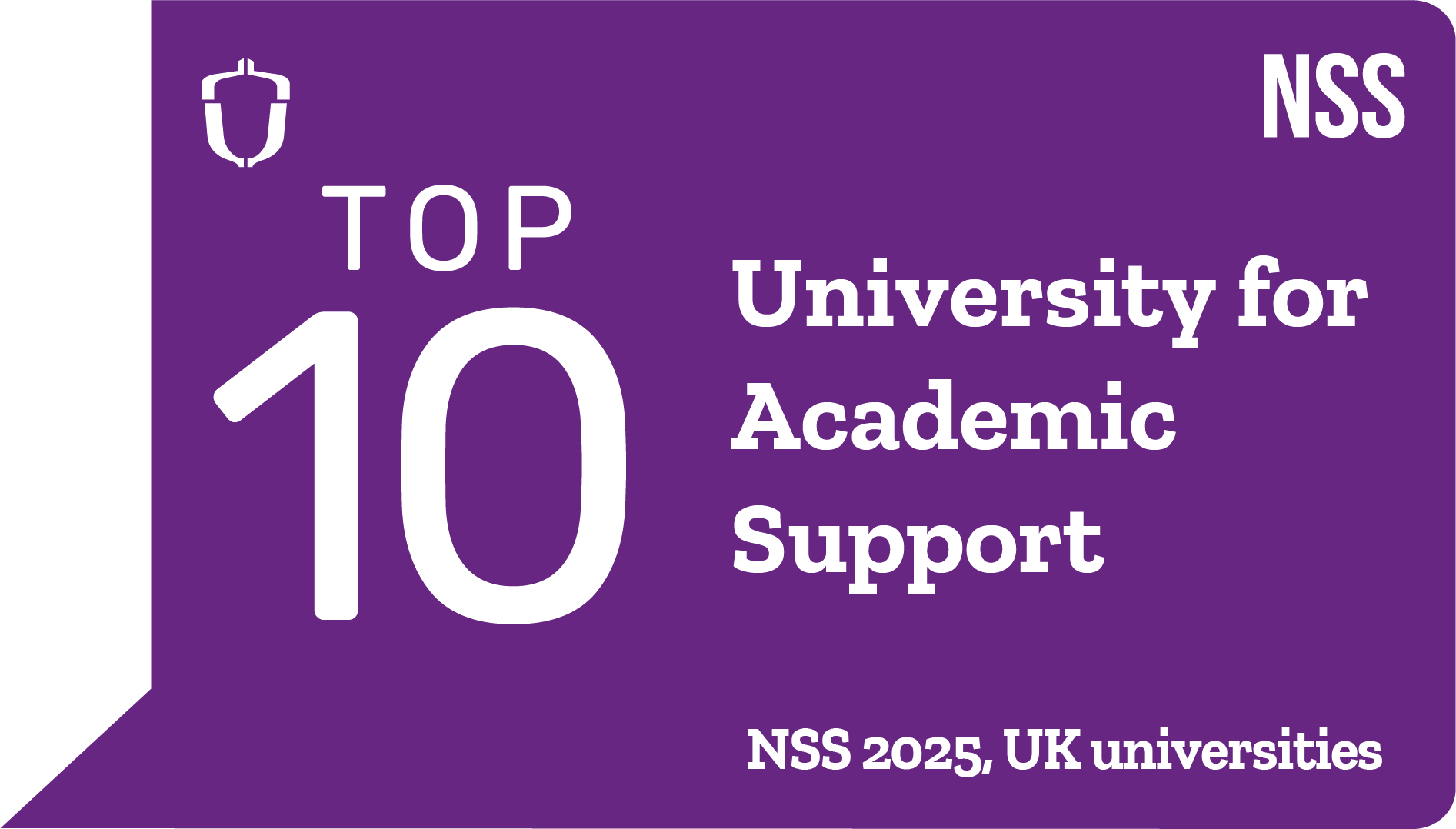Your career
The field of veterinary physiotherapy offers a range of opportunities for employability, including:
- Working in Veterinary Clinics: Veterinary physiotherapists can work in veterinary clinics, providing rehabilitation services to animals recovering from injuries, surgeries, or chronic conditions. They may work alongside veterinarians to develop treatment plans and implement specialised rehabilitation techniques to improve the mobility and quality of life of animals.
- Animal Rehabilitation Centres: Many animal rehabilitation centres employ veterinary physiotherapists to provide specialised care to a variety of animals, including companion animals, working animals, and exotic species. These centres may offer services such as hydrotherapy, therapeutic exercise programs, and manual therapy to help animals recover from injuries and improve their physical function.
- Equine Facilities: Veterinary physiotherapists may also find employment opportunities in equine facilities, working with horses to improve their performance, prevent injuries, and manage musculoskeletal conditions. They may work with sport horses, or leisure horses to optimise their physical health and well-being through tailored rehabilitation programs.
- Research and Education: Some veterinary physiotherapists choose to pursue careers in research and education, conducting studies on animal rehabilitation techniques, contributing to academic publications, and teaching future veterinary physiotherapists. These professionals may work in universities, research institutions, or educational organisations to advance the field of veterinary physiotherapy through evidence-based practice and knowledge dissemination.
Work placements and experience
Work placements on-site and off-site, throughout your programme, mean you'll gain valuable industry experience progressing professional and clinical competence. Alongside the theory and practical components of the course you will develop business and multi-disciplinary team working expertise.













